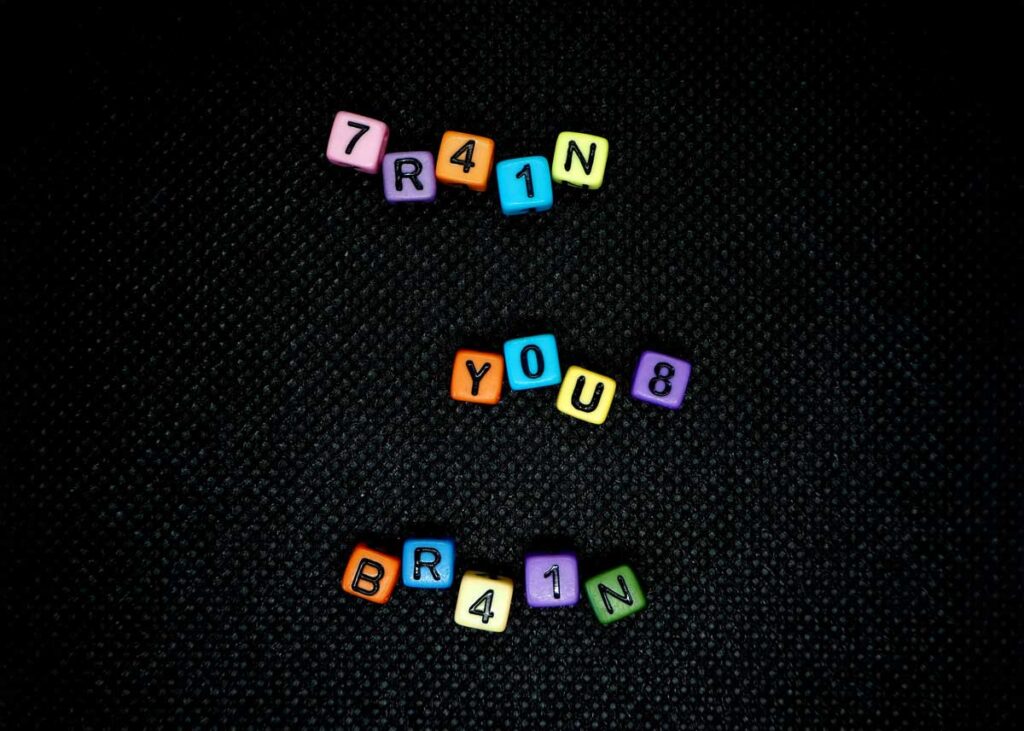In today’s fast-paced world, feeling overwhelmed and mentally drained is all too common. Burnout, fatigue, and chronic stress can take a toll on our physical and mental well-being, impacting not only our energy levels but also our cognitive function. But what if there were ways to boost our brainpower and maintain peak cognitive fitness, even amidst the demands of modern life?
This is where the concept of cognitive fitness comes in. Just like we train our bodies to stay physically fit, we can also train our minds to stay sharp and resilient. The good news is that you don’t need expensive equipment or fancy brain-training games to achieve this. By incorporating simple self-coaching strategies into your daily routine, you can significantly improve your mental agility, memory, and overall cognitive performance.

Why Cognitive Fitness Matters:
Before diving into the strategies, let’s explore why prioritizing cognitive fitness is crucial. Our brains are like complex organs, and just like our muscles, they need regular stimulation and nourishment to function optimally. As we age, cognitive decline is a natural process, but it doesn’t have to be inevitable. By actively engaging in activities that promote cognitive fitness, we can:
- Sharpen our memory and focus: Improve our ability to learn new information, retain details, and concentrate for extended periods.
- Enhance problem-solving and critical thinking: Equip ourselves with the mental tools to tackle challenges creatively and make informed decisions.
- Boost mental resilience: Develop the capacity to cope with stress, manage emotions effectively, and maintain mental clarity under pressure.
- Reduce the risk of age-related cognitive decline: Delay the onset of conditions like dementia and Alzheimer’s disease.
- Improve overall well-being: Experience greater mental clarity, increased energy levels, and a more positive outlook on life.
Self-Coaching Strategies for Cognitive Fitness:
The beauty of self-coaching is that it empowers you to tailor your approach to your unique needs and preferences. Here are some effective strategies to get you started:
1. Embrace lifelong learning: Challenge yourself by picking up a new hobby, learning a new language, or taking a class on a topic that interests you. Engaging with unfamiliar information stimulates neuroplasticity, the brain’s ability to form new connections, and strengthens cognitive function.
2. Practice mindfulness and meditation: Regular meditation reduces stress, improves focus, and enhances brain plasticity. Even just 10-15 minutes of daily meditation can significantly impact your cognitive performance.
3. Incorporate physical activity: Exercise isn’t just good for your body; it’s a powerful tool for brain health. Engaging in regular physical activity, even moderate-intensity walks, increases blood flow to the brain, promotes the growth of new brain cells, and improves memory and cognitive function.
4. Prioritize quality sleep: Sleep is essential for cognitive consolidation and repair. Aim for 7-8 hours of quality sleep each night to ensure your brain has the time it needs to recharge and function optimally.
5. Engage in brain-stimulating activities: Challenge your brain with puzzles, crosswords, sudoku, or brain-training games. While these activities aren’t a magic bullet, they can provide a fun and engaging way to keep your mind sharp.
6. Manage stress effectively: Chronic stress can significantly impair cognitive function. Practice stress management techniques like deep breathing, yoga, or spending time in nature to help your brain relax and recover.
7. Fuel your brain with healthy choices: Nourish your brain with a balanced diet rich in fruits, vegetables, whole grains, and healthy fats. Avoid processed foods, excessive sugar, and excessive alcohol, as these can negatively impact cognitive function.
8. Connect with others: Social interaction stimulates cognitive function and provides opportunities for learning and growth. Make time for meaningful conversations, spend time with loved ones, and participate in activities that connect you with your community.
9. Seek professional support: If you’re struggling with memory issues, brain fog, or other cognitive concerns, don’t hesitate to seek professional help. A health coach or therapist can provide personalized guidance and support to improve your cognitive fitness and overall well-being.
Remember: Consistency is key! Integrating these strategies into your daily routine and making them a sustainable part of your lifestyle will yield the most significant results.
Ready to Unlock Your Peak Performance?
If you’re ready to take control of your cognitive fitness and experience the benefits of a sharper, more agile mind, don’t hesitate to seek professional guidance. A qualified health coach can help you identify your specific needs, develop a personalized action plan, and provide ongoing support and accountability as you reach your cognitive fitness goals.
Contact us today to learn more about how we can help you unlock your full potential and thrive in all aspects of your life!






